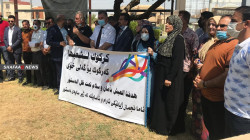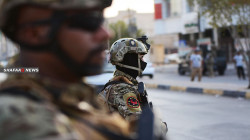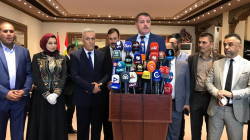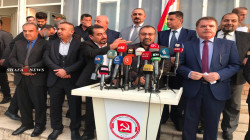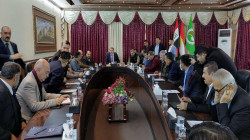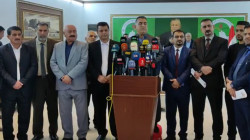Kurdish parties in Kirkuk inch closer to governor candidate, hope to break deadlock
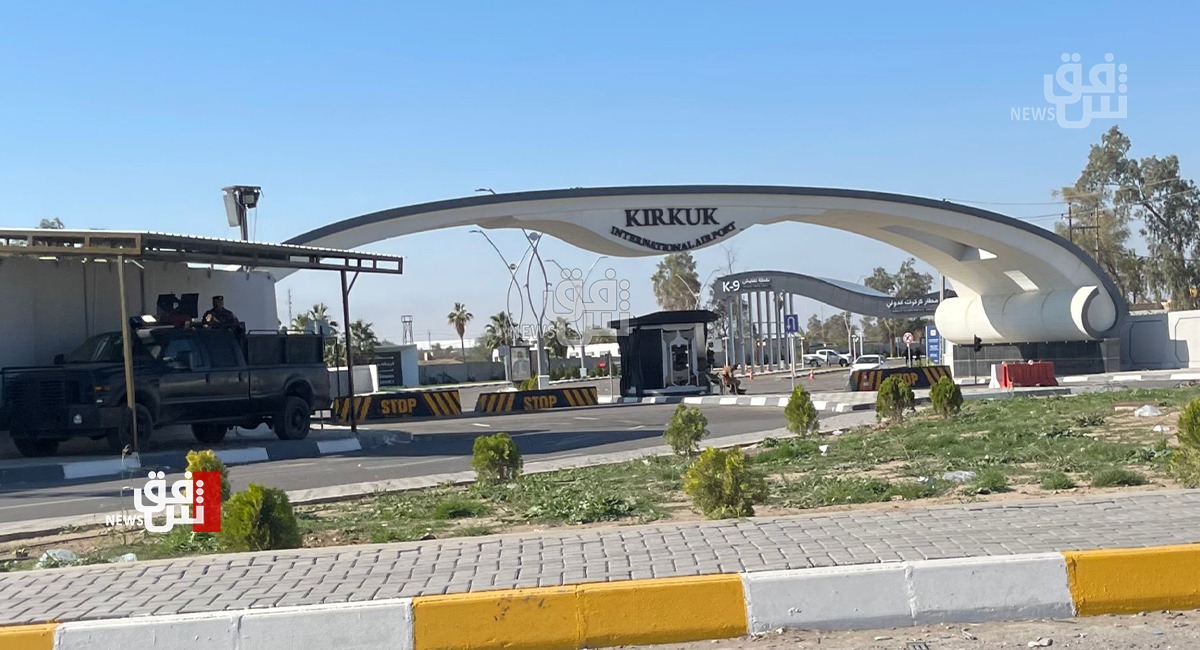
Shafaq News/ The main Kurdish parties in Kirkuk, the Kurdistan Democratic Party (KDP) and the Patriotic Union of Kurdistan (PUK), are engaged in talks to agree on a single candidate for the governor's position, a KDP official said.
The power struggle in Kirkuk stems from the near-even distribution of seats among Kurds, Arabs, and Turkmen in the December 2023 provincial elections. Under those circumstances, no single group holds a clear majority, hindering government formation.
Hasan Majeed, a KDP member of the Kirkuk Governorate Council, told Shafaq News Agency on Thursday that "dialogue is still ongoing" between the parties. "Reaching a common formula for nominating a candidate" for governor, Majeed said, is crucial to "resolving the differences with the remaining blocs and proceed with the formation of the Kirkuk administration."
This, he added, would ultimately "activate the Kirkuk Provincial Council and contribute to providing services to all components of Kirkuk."
On 18 December, Iraq held its first local election in ten years, with more than 23 million eligible voters spread across 15 governorates, excluding four in the northern Kurdistan region.
After Iraq's Independent High Electoral Commission (IHEC) officially confirmed the final election results on 21 January, the Kirkuk Governorate Council on 5 February failed to reach a quorum for its session as elected council members from the Arab and Turkmen components boycotted it.
A notable shift in Kirkuk's political landscape emerged in the recent elections, with Kurdish parties, including the Patriotic Union of Kurdistan (PUK) and the Kurdistan Democratic Party (KDP), losing their majority.
The PUK secured five seats with 157,649 votes, while the KDP won two seats with 52,278 votes in the 16-seat provincial council. Arab parties won six seats, Turkmens secured two, and a Christian party affiliated with Shiite paramilitary groups won the Christian quota seat.
In the elections held in 2005, Kurds secured 26 out of 41 seats, Turkmen won nine, but Sunni Arabs only won six seats as most of the community boycotted the political process.
The KDP and the PUK recently held several meetings, and they declared their intention to collaborate in official negotiations with other components to form a new local administration in Kirkuk.
Last week, Iraqi President Abdul Latif Jamal Rashid signed presidential decrees appointing governors for Baghdad, Basra, Nineveh, Babil, Karbala, Wasit, Dhi Qar, Najaf, Al-Anbar, Muthanna, Maysan and Al-Diwaniyah after completing the verification procedures by the legal department.
Notably, the oil-rich city of Kirkuk and its districts, some areas of Diyala, and the Nineveh governorates are considered contested areas between the Iraqi federal government and the Kurdistan Regional Government (KRG).
Article 140 of the Iraqi permanent constitution outlined measures in which those areas could remain as part of Iraq or join the KRG. However, implementation has been stalled since 2007.
In 2014, peshmerga security forces assumed control of Kirkuk but were subsequently expelled in 2017 by federal troops after a referendum on Kurdish independence. Tensions persist, evident in a September incident last year where four Kurds were reportedly killed by gunfire from Iraq's security forces amid unrest in the governorate.
